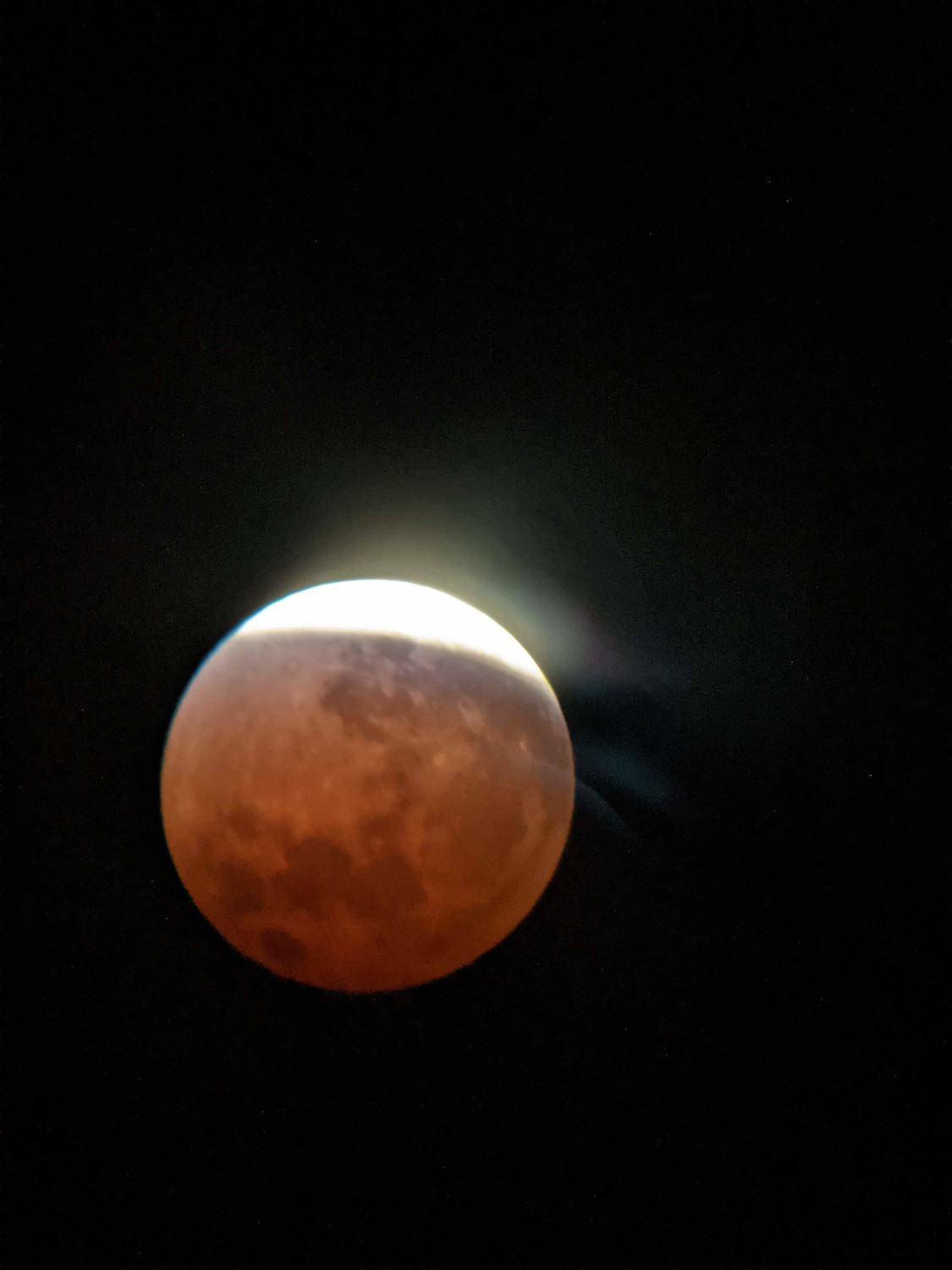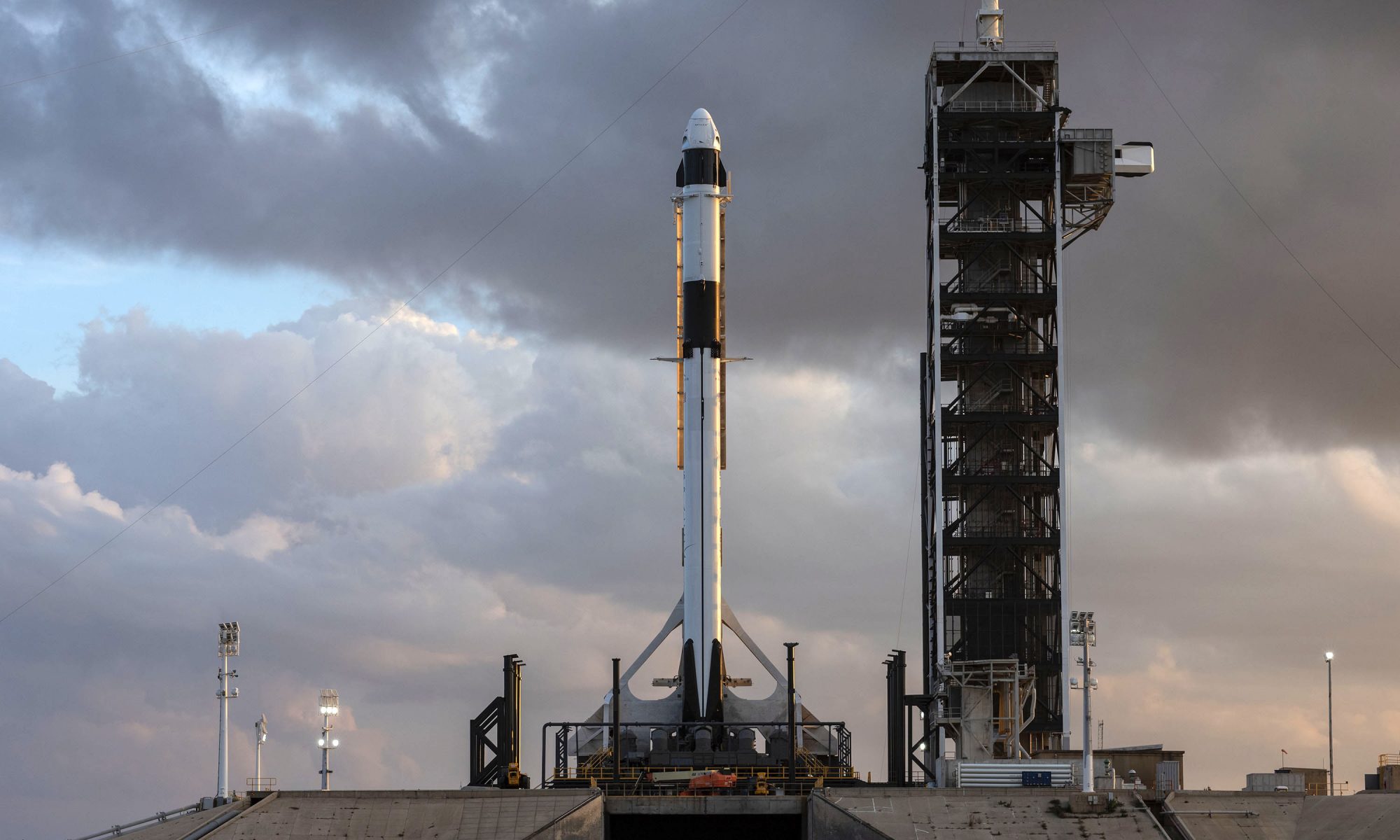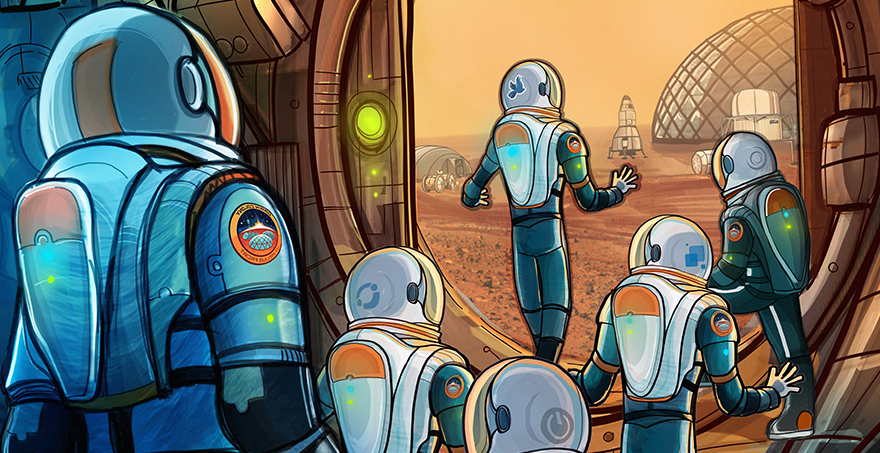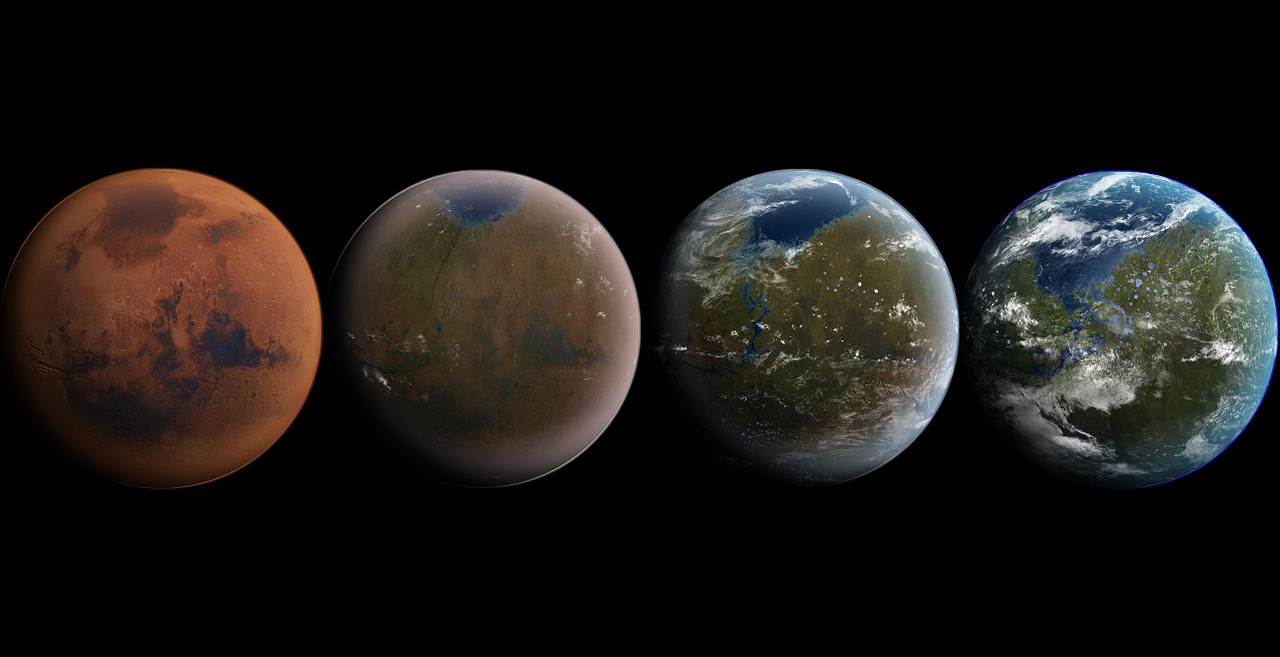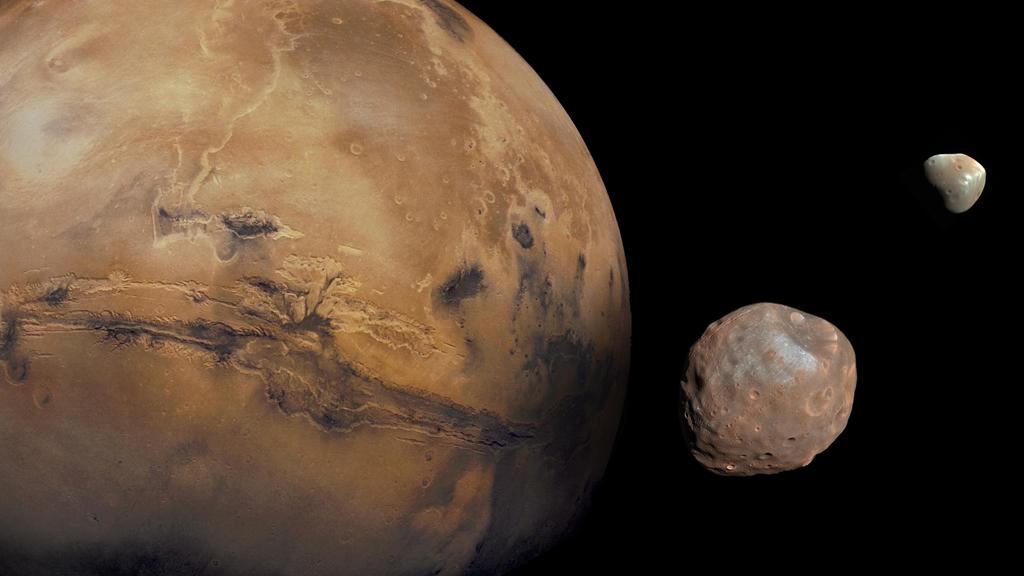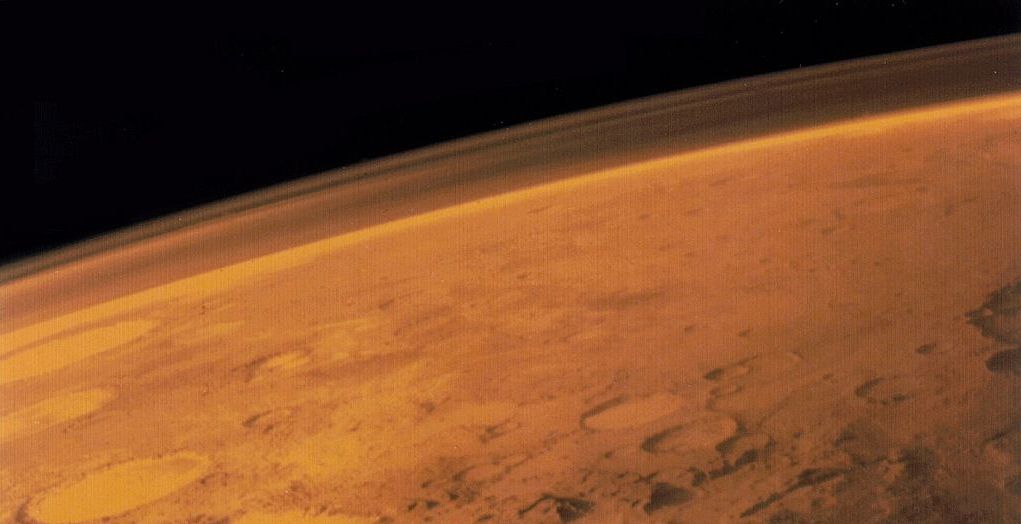One day, in the near future, children will be born on Mars. The environment they grow up in will be very different from yours. And yet, they will still be human children, just like you. They will have dreams and worries, just like you. They will go to school; they will play; they will cry; they will laugh: in so many ways just like you.
But their sky won’t be blue. They will never see an ocean. They will never go to an amusement park or go camping in a forest. They will never hear the sound of rain.
Instead, their sunsets will be blue. They will see the tallest volcano and the deepest canyon in the solar system. They will ride in rovers and rockets, and this will be normal for them. They will walk through rocky red landscapes that haven’t changed for billions of years. They will see, and be part of, the development of an entirely new branch of human existence.
And, once in a while, they will look up at a particularly blue evening star in the sky and know that on that planet so far away, there are billions of children, just like themselves, some of whom might, at that same instant, be looking up at a particularly red star in the sky.
Which will they call home?
illustration by Luis Peres (work in progress)
